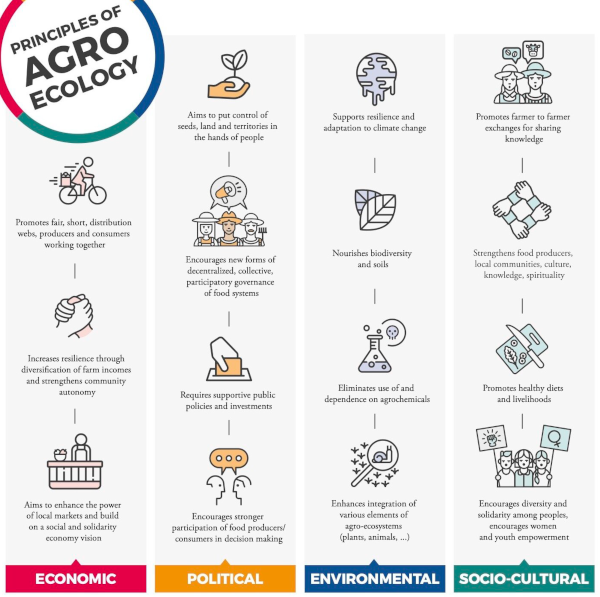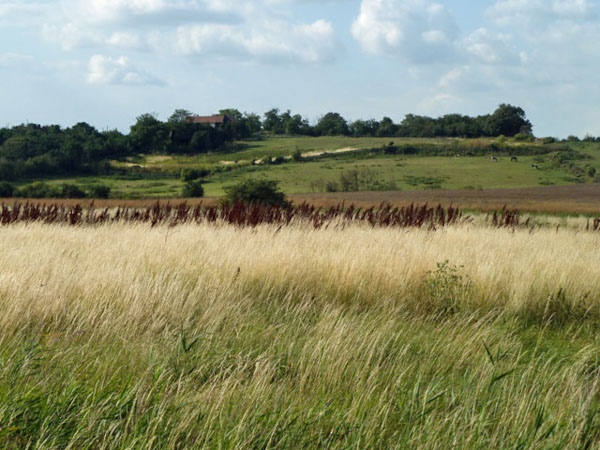Michelle Grant is a member of Stroud Commons core group and Stroud Land Commons group. She authored a report on land commons and agroecology as part of an MSc in Sustainable Food and Natural Resources at the Centre for Alternative Technology in Wales – the graduate school for the environment. You can contact Michelle via the Stroud Commons website.
There’s huge overlap between the principles of agroecology and of commoning, and growth in the commons movement could mean a shift towards agroecology and away from damaging industrial agriculture, as there would be more access to land for small, organic farmers. Below is her conclusion, and here’s a link to the full report.

The vision of Stroud Land Commons is to bring land in and around Stroud into the commons, and remove it from the market for good, and to create a working prototype that has the potential to be scalable / replicable, to support the commoning of land much more widely. We’ll blog more about Stroud Land Commons as things develop.
Conclusion
In order to transform food systems in the UK, a radical dismantling of the dominant narrative of private property ownership is fundamental to allow access to land for agroecological farming, especially for small-scale producers and new entrants. Globalised, industrial agriculture is failing to meet the nutritional, social and cultural needs of millions of people worldwide, contributing to environmental systems breakdown. This report has shown that bringing land into common stewardship via a new Land Commons, supported by measures implemented by the state at both local and national level could lead to transformational change in the food and farming sector in England, reducing inequality, improving wealth distribution and access, and protecting and enhancing wellbeing and biodiversity.
There is a wealth of both academic and grey literature on the history of the commons, and many examples in literature and in practice of modern commons projects in most spheres, ranging from co-operative farming to credit commons. The new Land Commons proposed by this report is emergent, so although there is extensive literature on other types of commons and their implementations there is little as yet in this area.
Further research, data collection and impact analysis will be necessary to chart the development of a new Land Commons following proposals by the Stroud Commons group, especially regarding the novel application of its economic model, funding the first land purchases, and the development of community agreements and peer governance, to create a transparent model for replication. Continuing empirical research is necessary to support the understanding of agroecological farming and its co-benefits, and how access to land in England is vital to allow it to flourish.


Leave a Reply